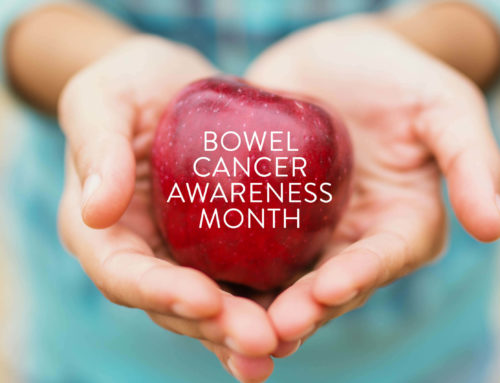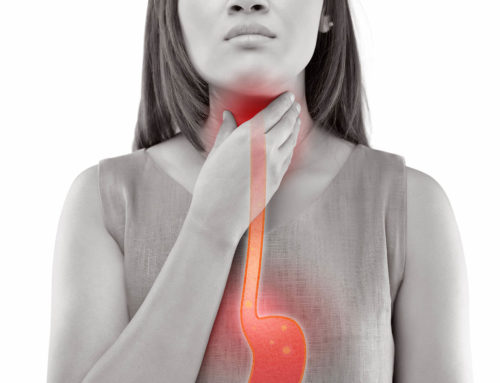We are almost at the end of another tumultuous year brought on by COVID19. This will be our final newsletter for the year. We will have a very special announcement to make in the new year when we celebrate passing a very big milestone: it’s has been more than 15 years since we started operating in FNQ!
As 2021 winds down, we would like to wish you a safe and restful Xmas and New Year as the border reopen and we face fresh challenges in 2022. All the best!
Updates on IDB
Vedolizumab
- Vedolizumab is a biologic agent that works differently to the Anti-TNF biological drugs. It is a first or second line drug for complicated Ulcerative Colitis (UC) as it has specific affinity for the adhesion molecules in the gut epithelium where we think most of the immunological activity of UC occurs.
It has recently been approved on the PBS for use in Crohns Disease (CD) which is a useful extra arrow in our quiver of drugs against CD. - The problem is that Vedolizumab was an IV only agent which made it difficult, particularly in uninsured patients. Once the IV induction dosing regime is completed, the TGA has approved this drug to be used subcutaneously during maintenance.
This is a real game changer in terms of increasing the number of biologics we can use on IBD patients in the community.
COVID 19 and IBD
- There is new data to show the safety of COVID 19 vaccines in pregnant women. Females on immunomodulators and biologic agents whilst pregnant should be encourage to come forward for the COVID 19 vaccines.
- IBD patients on immunomodulators (thiopurines, methotrexate) and biologic agents should have the third dose of the Pfizer vaccine within 6 months of the second dose of
any previous COVID19 vaccine.
Inadvertent ingestion of gluten in patients with Coeliac Disease
- Coeliac Disease is a chronic disease with difficult lifestyle alteration requirements which may be difficult in younger patients.
- Some Coeliac Disease patients may be symptomatically
quite unwell with even a small dose of inadvertent ingestion
of gluten. - GluteGuard was approved by the TGA in 2019 and is now available OTC. It contains the natural enzyme Caricain which hydrolyses key peptide bonds within the gluten protein.
- When taken just before a meal, it prevents the immune reaction to the intact gluten protein which results in small bowel inflammation and symptoms.
- It can be used in adults over 18 years with Coeliac Disease, Dermatitis Herpetiformis and non-coeliac gluten sensitivities.
- It is designed to be used to reduce symptoms of inadvertent gluten ingestion when dining out, travelling, socializing or attending work events. It is NOT a substitute for a gluten free diet in patients with medically proven Coeliac Disease.
Post Laparoscopic Gastric Sleeve (LSG) Reflux
- Reflux symptoms and complications are directly proportional to weight gain and obesity. LSG has been a popular anti-obesity surgical intervention.
- Reflux may improve in some patients due to the loss of excess body weight.
- However, some patients may experience no improvement and sometimes even an increase in reflux symptoms. LSG is what is known as a “high pressure” operation. When you reduce the volume of the gastric lumen, the pressure within increases (Boyle’s Law).
- eflux post-LSG can be very difficult to treat. They often do not respond well even to high dose PPIs. Traditional fundoplication cannot be offered due to the loss of the fundus post-LSG. Novel procedures using an Endoscopic Plication device in combination with endoscopic mucosal resection to tighten the gastro-oesophageal junction is being carried out by the obesity team at the Wesley Hospital in Brisbane.
The preliminary results appear promising.
We will bring you more details as the data emerges.





